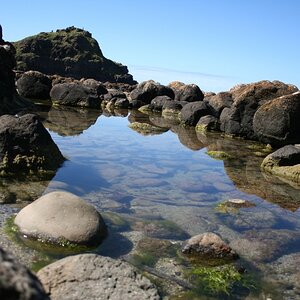PhotoDonkey
TPF Noob!
- Joined
- May 20, 2008
- Messages
- 167
- Reaction score
- 0
- Location
- South Dakota
- Can others edit my Photos
- Photos OK to edit
"The further you 'stray' from those conditions, the less effect": those conditions include atmospheric conditions. If there's a lot of dust or moisture/humidity in the air minuscule floating particles the sun's originally uni-directional light gets bounced around by a gazillion tiny little mirrors and lenses and so scattered in just as many directions. Ergo: nothing to polarize.
This is why polarizing often works so well at the beach/seaside, and at sea: it's always very windy there and that cleans the air of dust. So no tiny little mirrors floating in the air, to scatter the sunlight. It stays unidirectional until it hits your lens.
What about South Dakota, PD? Is there a lot of dust in the air there maybe?
South Dakota suffers from more humidity than other portions of the country. We do get alot of windy days, but we also tend to see more dust blowing around on those days. So my guess is that the skies here just aren't as deep blue as in other places. My wife is from Texas and she says that the skies here aren't as blue as they are in her hometown. So I think Alfred might have hit the nail on the head.




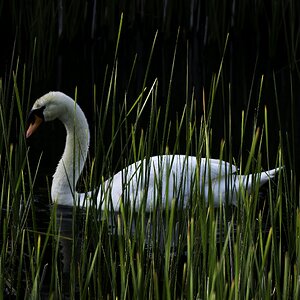

![[No title]](/data/xfmg/thumbnail/31/31752-fcbc5aa4a94154b9c273592aa37b8b1e.jpg?1619734991)
![[No title]](/data/xfmg/thumbnail/31/31754-af76ae89cc75bd1855937374ff359efe.jpg?1619734992)
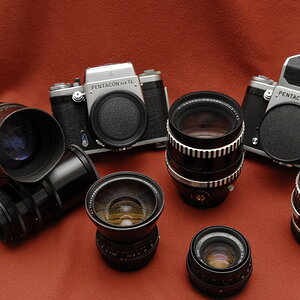


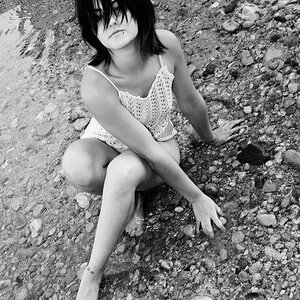
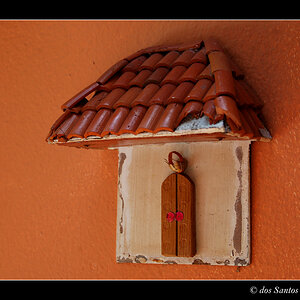
![[No title]](/data/xfmg/thumbnail/37/37493-07470d1244285a42bb716c7df65abfda.jpg?1619738112)
